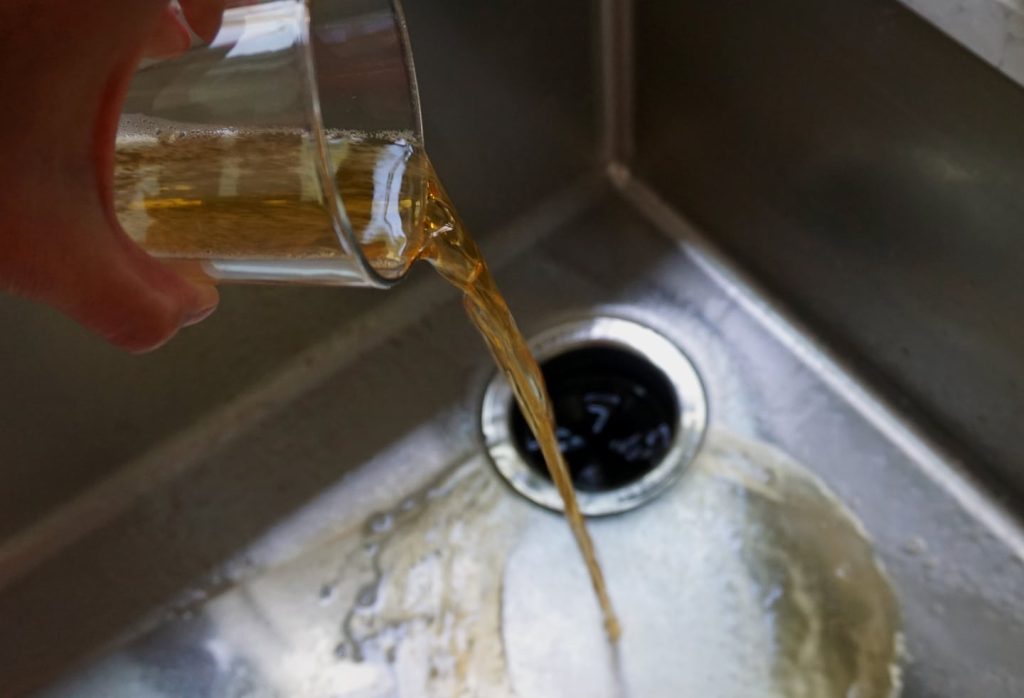The researchers focused on 614 participants who completed an online survey about alcohol consumption between mid-February and mid-May 2022. The average age of participants was 21.5 years old, and most were white (64.5%) and male (54.2%). Approximately 65% were college students.
Among respondents, 49.9 percent described themselves as moderate drinkers, 31.5 percent said they had had five to nine consecutive drinks in the past two weeks, and 18.6 percent said they had consumed 10 or more drinks in one day in the past two weeks, which makes them “binge drinkers,” according to researchers from the University of Michigan’s Institute for Social Research and Texas State University, which was funded by the National Institute on Alcohol Abuse and Alcoholism and the National Institute on Drug Abuse.
The main reason given for not drinking on a particular day was “I wasn’t interested in drinking” (83.4% of days when they did not drink), followed by “I didn’t want to get drunk” (81.8%) and “I don’t usually drink on those days of the week” (58.7%, mainly Sunday to Thursday).
More than half (58.4%) of the days when they did not drink alcohol were due to the fact that it would interfere with their school or work performance, while almost half (48.8%) of the days when they did not drink alcohol were due to the fact that they needed money for something other than alcohol.
There were other reasons too. On about 12% of the days when participants abstained, 81.8% of people said the reason they didn’t drink alcohol was because they used another drug, and of those who chose another drug, 81.8% said they used marijuana.
The researchers found that motivations for drinking were associated with reasons for not drinking on that day. For example, people who reported drinking to fit in were more likely to say they abstained because they had no one to drink with, and people who reported drinking for pleasure were more likely to say they used other drugs on the days they abstained. Hispanic participants were more likely than white participants to say they abstained because they did not want their drinking to interfere with school or work.
While there’s plenty of research on why people decide to drink alcohol, “the reasons why people don’t drink are surprisingly little studied,” the researchers write.
A deeper understanding of the personal and social factors that lead people to abstain from drinking alcohol could help future researchers develop more effective public health messages, the researchers note.


